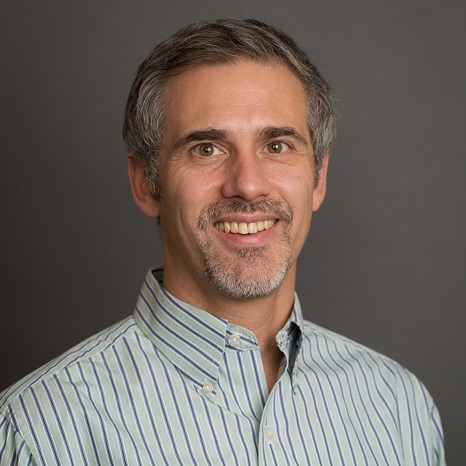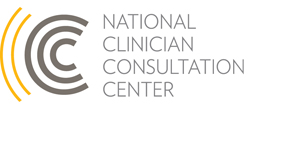Presentation & Poster: How Much DAA Treatment is Enough? Outcomes From a Large Case Series of HCV Treatment Interruptions
Simplified therapy with direct-acting antivirals (DAAs) has greatly expanded low-barrier hepatitis C virus (HCV) care including primary care-based treatment. Despite short treatment duration, treatment interruptions are common and there is a paucity of data to guide clinical management.
The National Clinician Consultation Center (NCCC) reviewed cases of HCV treatment interruption received on its National Hepatitis C Warmline and analyzed clinical outcomes after treatment interruption. This poster describes findings from analysis of de-identified calls involving HCV treatment interruptions received between September 1, 2022, to August 31, 2023, including information on genotype, fibrosis score, prior DAA treatment experience, number/timing of missed doses, DAA interruption management, care setting, NCCC consultant recommendations, and SVR12 outcomes.
View the Presentation:
Presentation: How Much DAA Treatment is Enough? Outcomes From a Large Case Series of HCV Treatment Interruptions
Download the Poster:
Poster: How Much DAA Treatment is Enough? Outcomes From a Large Case Series of HCV Treatment Interruptions
—
Authors:

Astha Kanani, MD, is an Internal Medicine Physician that provides expert HIV consultation and education to NCCC callers and online service users on HIV and perinatal HIV management, pre-exposure prophylaxis, and bloodborne pathogen exposure management. She started her training the Montefiore’s Social Medicine Internal Medicine Residency program in NY and finished at Rush University Medical Center in Chicago, IL. Her consultations involve a person-centered, trauma-informed approach to care. Clinically, she is a per diem provider at Santa Rita Jail in Dublin, CA.

Chris Bositis, MD, is Clinical Director for the NCCC, and a family physician experienced in working with communities that have suffered disproportionately from the overlapping infectious disease and opioid syndemic. He is a graduate of the Yale School of Medicine and did his family medicine residency at Brown University/Memorial Hospital of Rhode Island. His clinical practice is currently in Lawrence, MA, where he has played a key role in the development and implementation of novel programs such as a mobile buprenorphine program for individuals experiencing homelessness.

Carolyn Chu, MD, MSc FAAFP, AAHIVS, is an AAHIVM-credentialed HIV Specialist who completed her family medicine residency and a clinical research fellowship in HIV at Albert Einstein College of Medicine/Montefiore Medical Center in the Bronx, NY. Prior to joining the NCCC, she served as a medical director at a large network of federally-qualified health centers in Manhattan, where she helped lead quality improvement activities for its multi-disciplinary HIV services program. She has significant experience as a clinician educator on HIV management and has researched the integration and effectiveness of HIV medical care within community-based and primary care settings. Her clinical work is at the SFGH Family Health Center.
—
The National Clinician Consultation Center is supported by the Health Resources and Services Administration (HRSA) of the U.S. Department of Health and Human Services (HHS) as part of an award totaling $2,633,756 with 0% financed with non-governmental sources (grant number U1OHA30039, awarded to the University of California San Francisco, and in partnership with the Centers for Disease Control and Prevention).
The content in this presentation is those of the authors and does not necessarily represent the official views of, nor an endorsement by, HRSA, HHS, or the U.S. Government. For more information, please visit HRSA.gov.
 University of California, San Francisco |
University of California, San Francisco |
